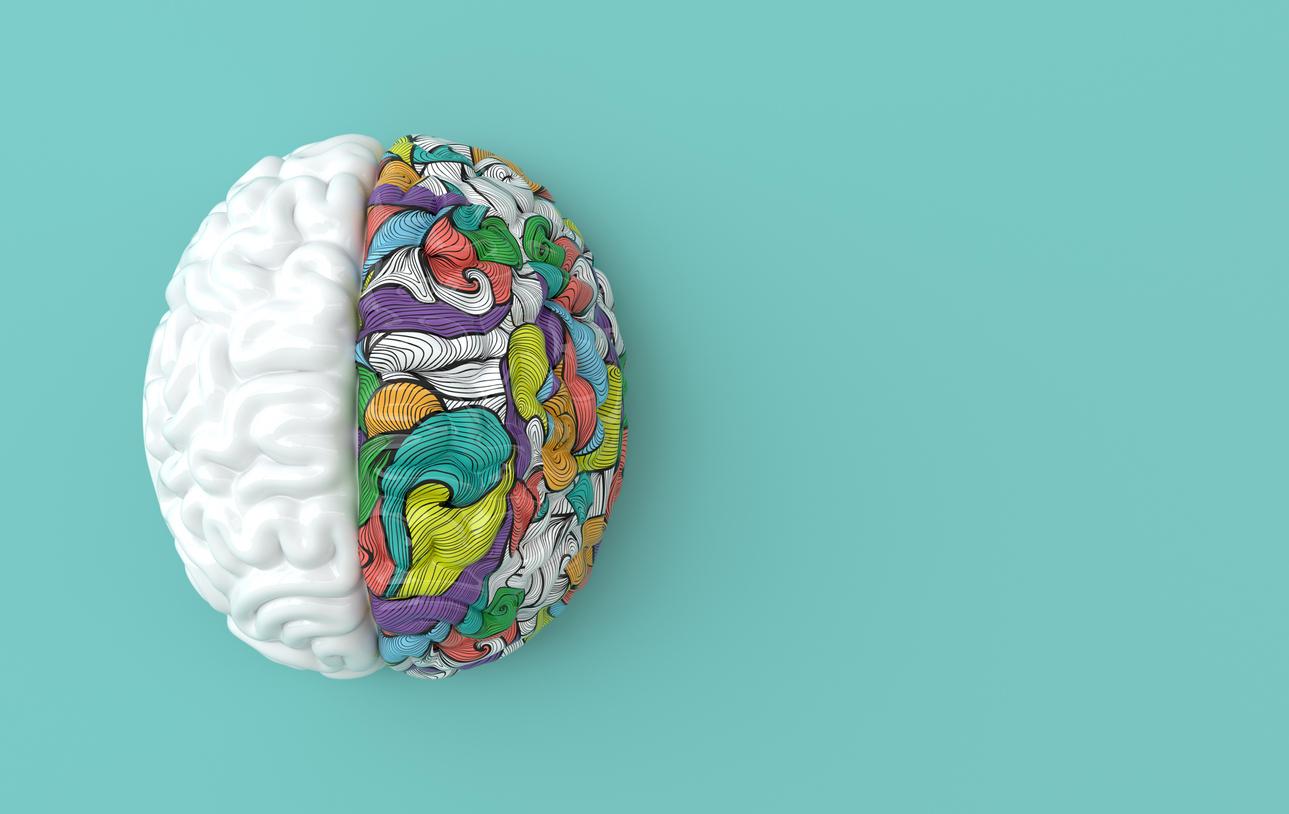Couples who face rheumatoid arthritis together manage the disease better and are less stressed than those who are less united during the treatment process.

- Couples in which one partner has rheumatoid arthritis who cope with the disease together had less psychological distress and better relationships, according to a new study.
- For the researchers, their results show the importance of dyadic adaptation, the adaptation process that occurs between couples faced with a partner’s illness.
- The researchers suggest that it would be interesting to give tools to the patient and his partner to strengthen their dyadic adaptation.
Rheumatoid arthritis is an autoimmune disease that causes progressive deformity and destruction of the joints. Thus, this pathology strongly impacts the daily life of the patient, but also by domino effect that of their loved ones.
Moreover, the partner plays an essential role in the fight against this debilitating disease. A study by Flinders University researchers shows that couples facing rheumatoid arthritis together experience less psychological distress and fewer relationship problems.
Rheumatoid arthritis: close-knit couples are less anxious
For this study published in the journal The Journal of Rheumatologythe researchers evaluated dyadic adaptation – that is to say the means they adopt to cope with the diagnosis: collection of information, sharing of feelings, commitment to the care pathway – of 163 couples including One partner suffers from rheumatoid arthritis. In addition to taking this measure into account, the researchers asked the volunteers about the level of pain, stress, depression and anxiety. The well-being of their partner was also assessed.
Analyzes of the data showed that participants with rheumatoid arthritis who had stronger dyadic coping reported lower levels of depression, anxiety, and stress as well as better relationship quality. In contrast, those with negative dyadic management had higher rates of depression, anxiety, and stress. The relationship quality of these less united couples was also lower.
Quite similar observation among spouses. Partners who were close with their sick partner had a better quality relationship than those who reported negative dyadic management.

Chronic illness: strengthening the couple’s dyadic adaptation
Faced with the data collected, lead author Dr. Manasi Murthy Mittinty confirms that dyadic adaptation is an important predictive factor of adjustment to illness and patient well-being. “Working together as a couple is crucial to managing the challenges they face when one partner has an illness, particularly in rheumatoid arthritis,” notes the specialist in a press release.
To improve the well-being and quality of life of people suffering from joint pathology, the expert thinks it is important to take into account the couple, not just the patient. “By examining the interpersonal dynamics of couples living with chronic illness, we hope to significantly improve the quality of life of patients with rheumatoid arthritis and their spouses.”explains the scientist.
It would therefore be interesting, according to her, to give tools to the patient and his partner to strengthen their dyadic adaptation during disease management. This could help to “improve couples’ mental health outcomes and relationship quality”concludes Dr Manasi Murthy Mittinty.

















